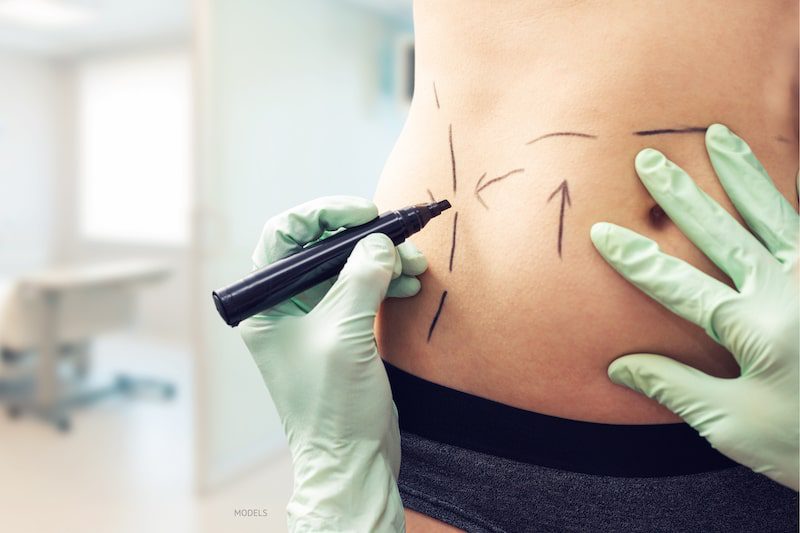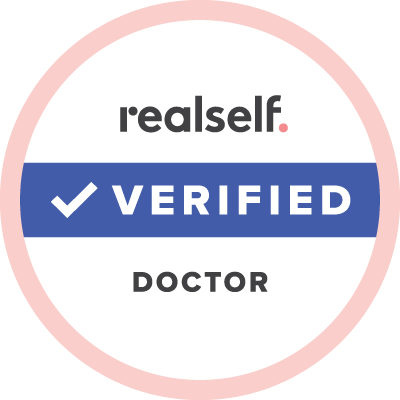Blog
What to Avoid Before and After Invasive Surgery
Posted August 11, 2021 in Plastic Surgery Preparation, Recovery3 Minute Read:
In 2020 alone, over 15 million surgical or minimally invasive cosmetic procedures were done in the United States.
With so much interest in surgical and non-surgical procedures, such as tummy tuck surgery, breast augmentation, and injectable treatments like BOTOX® Cosmetic and fillers, it is helpful to understand what must be done before and after your treatment to ensure a safe procedure and recovery.
Fortunately, little to nothing is required for non-surgical or minimally invasive procedures. However, invasive surgery options involve a bit more preparation.

What Should I Do Before My Invasive Surgery?
Once you visit with your board-certified plastic surgeon, the pre-registration and health history nurse will collect your information to determine if you are a good candidate for plastic surgery.
If you qualify, your surgeon will tell you what you must or must not do to expedite your admission and recovery process.
Here is a list of things you should consider doing before your plastic surgery:
1. Lose Weight
If you are overweight, your surgeon may request that you try to lose a few pounds. This is primarily the case for body procedures such as liposuction, tummy tuck surgery, or Mommy Makeover surgery, where subsequent weight loss after the operation could negatively impact the aesthetic results.
The absolute best way to lose weight is by adopting a healthy diet. Consult with your surgeon to obtain the best diet plan for your needs.
2. Quit Smoking
Although the health risks of smoking are well-known, it may be difficult for some people to quit. Unfortunately for those people, your plastic surgeon will require you to quit smoking (at least temporarily) to minimize risks such as restricted blood flow during surgery.
3. Stop Using Blood-Thinning Medications
The surgeon will give you a list of blood-thinning medications to avoid as you prepare for your surgery.
Blood-thinning medications, including some herbal supplements and over-the-counter drugs like aspirin, ibuprofen, and NSAIDs, can increase the risk of bleeding during and after your surgery, putting you at greater risk.
4. Avoid Alcohol
It would be best if you avoided alcoholic drinks as you prepare for your surgery. Doctors recommend that you not consume alcohol at least 12 hours before your surgery (but preferably longer). It is wise to avoid alcoholic beverages in the weeks surrounding your plastic surgery.
5. Research Your Surgery
Ensure that you have a profound understanding of your upcoming surgery. Ask your surgeon to avail information on the procedure, what to expect, and possible side effects.
What Should I Do After the Surgery?
Here is what you can facilitate a quick full recovery:
1. Ensure That the Incision Site Is Always Clean
Prevent reinfections by bandaging the incision site and keeping them clean.
2. Avoid Self-Medication
Contact your doctor if your prescribed pain medication is not working.
3. Begin Exercises Gradually and Under Doctor Advisement
Although doctors recommend you be active to facilitate blood flow, reduce pain, and strengthen muscles, you can start too much too soon and end up lengthening or complicating your recovery.
Avoid all strenuous exercise for at least four to six weeks (depending on your surgery).
Interested in Learning More What to Avoid Before and After Invasive Surgery?
Contact our knowledgeable staff at Dr. Robert J. Spies clinic in Scottsdale at (480) 359-1019 and get more information. You can also fill the online contact form.


